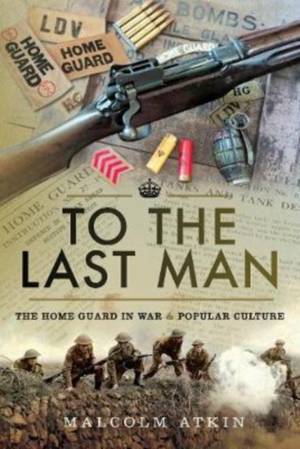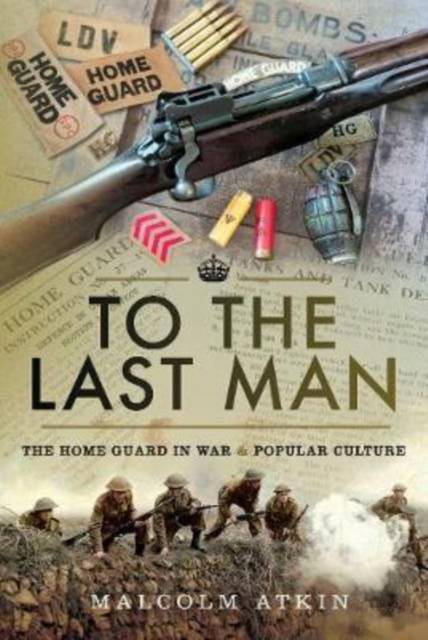
- Afhalen na 1 uur in een winkel met voorraad
- Gratis thuislevering in België vanaf € 30
- Ruim aanbod met 7 miljoen producten
- Afhalen na 1 uur in een winkel met voorraad
- Gratis thuislevering in België vanaf € 30
- Ruim aanbod met 7 miljoen producten
Zoeken
€ 34,95
+ 69 punten
Omschrijving
The Home Guard was formed in 1940 to fight an uncompromising and essentially suicidal campaign that was to buy a few hours grace for the regular forces to regroup after a German invasion. But the Dad's Army TV series has led to a serious distortion in the perception of the Home Guard and, as Malcolm Atkin reveals in this thought-provoking and meticulously researched book, its image was manipulated from its earliest days.
Using official documents, contemporary histories, stories, artwork and poetry, and comparing these with postwar films and histories, he takes a unique perspective. He explores how the myths of the Home Guard arose and were exploited by official propaganda and the wartime and postwar media. He also shows how the strong sense of gallows-humor amongst its volunteers - which fits in with a long tradition of self-deprecating humor in the British army - was taken out of context and became the basis of the TV series.
To the Last Man strips back the myths and forensically analyzes how the modern perception has evolved. The result is a new, gritty, sometimes shocking, appreciation of the role that the Home Guard was expected to play in the Second World War.
Using official documents, contemporary histories, stories, artwork and poetry, and comparing these with postwar films and histories, he takes a unique perspective. He explores how the myths of the Home Guard arose and were exploited by official propaganda and the wartime and postwar media. He also shows how the strong sense of gallows-humor amongst its volunteers - which fits in with a long tradition of self-deprecating humor in the British army - was taken out of context and became the basis of the TV series.
To the Last Man strips back the myths and forensically analyzes how the modern perception has evolved. The result is a new, gritty, sometimes shocking, appreciation of the role that the Home Guard was expected to play in the Second World War.
Specificaties
Betrokkenen
- Auteur(s):
- Uitgeverij:
Inhoud
- Aantal bladzijden:
- 256
- Taal:
- Engels
Eigenschappen
- Productcode (EAN):
- 9781526745934
- Verschijningsdatum:
- 29/08/2019
- Uitvoering:
- Hardcover
- Formaat:
- Genaaid
- Afmetingen:
- 152 mm x 229 mm
- Gewicht:
- 771 g

Alleen bij Standaard Boekhandel
+ 69 punten op je klantenkaart van Standaard Boekhandel
Beoordelingen
We publiceren alleen reviews die voldoen aan de voorwaarden voor reviews. Bekijk onze voorwaarden voor reviews.











